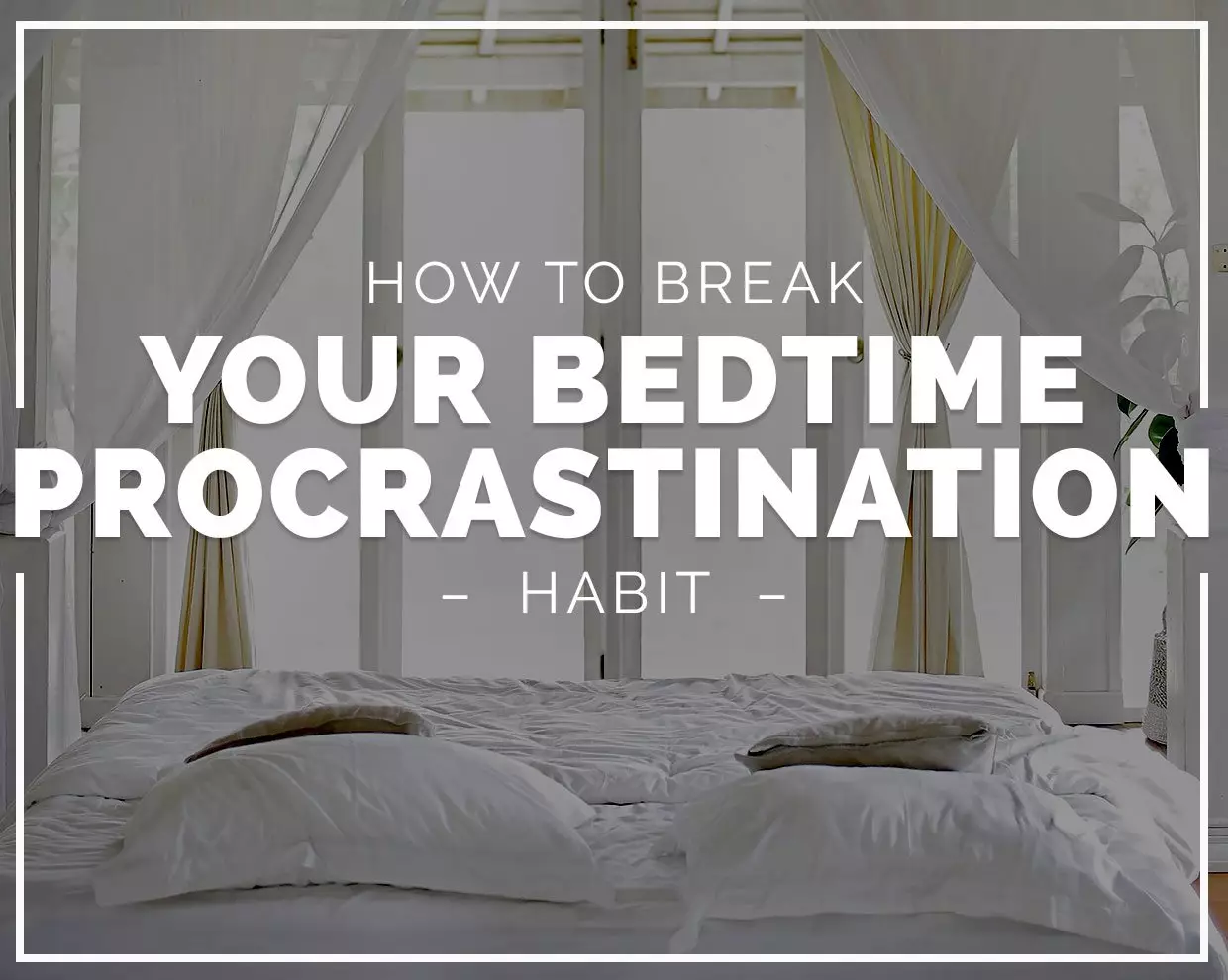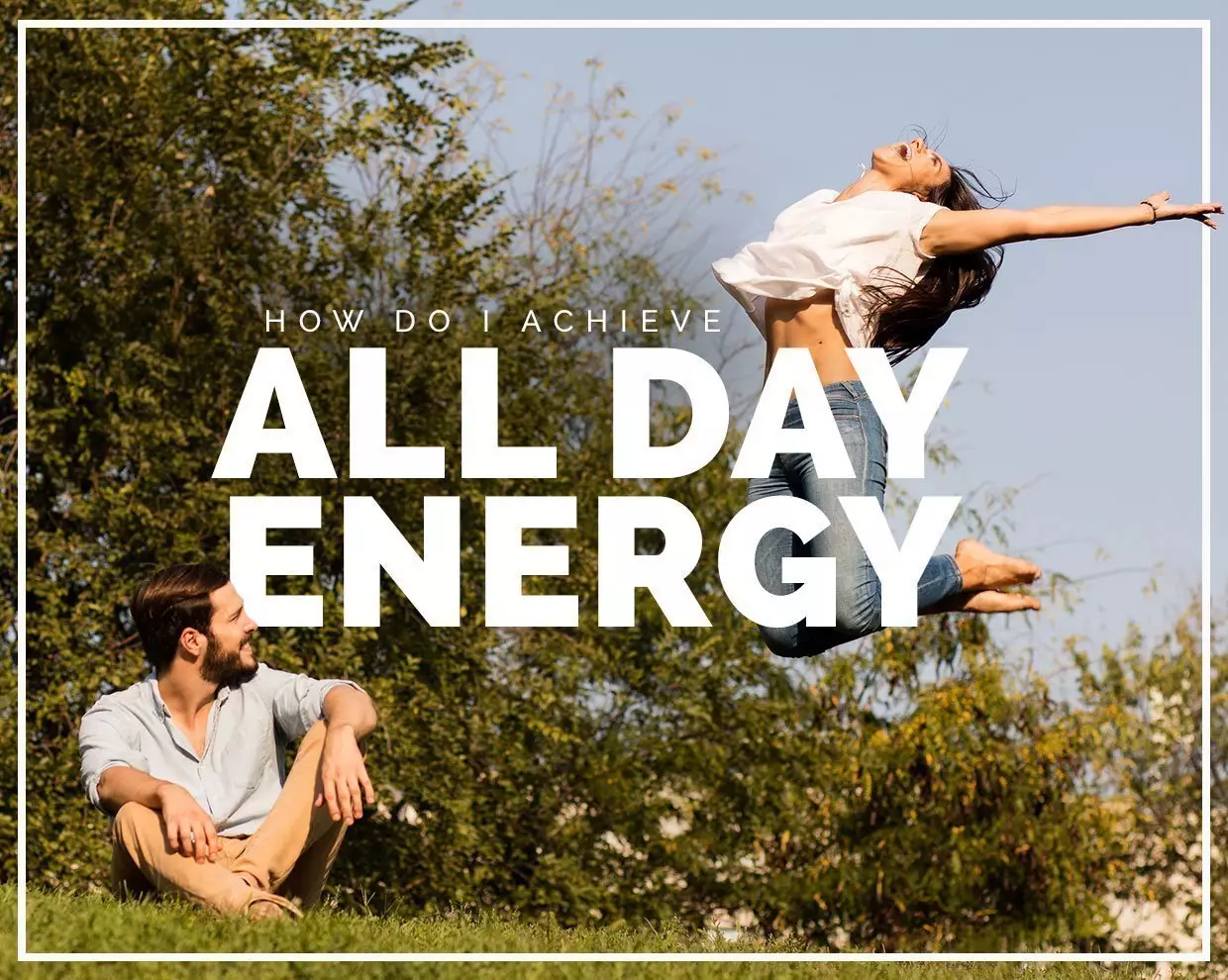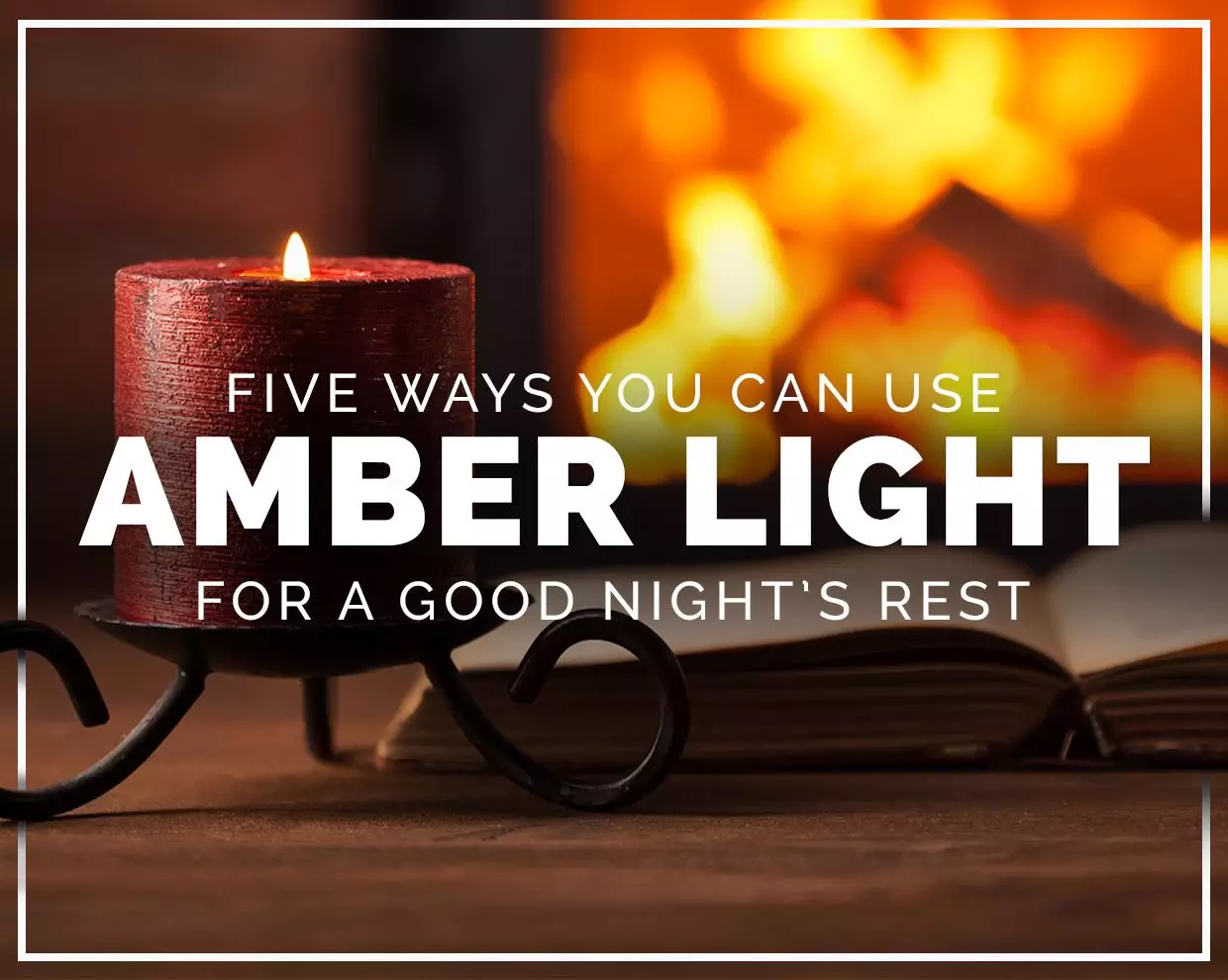Sleep science is constantly revealing new insights, but at a fundamental level it is clear that many of us are just not getting enough good sleep. ‘Bedtime procrastination’ is a relatively new phenomenon and is defined as “failing to go to bed at the intended time, while no external circumstances prevent a person from doing so” (1).
What causes sleep procrastination?
There are many factors that cause people to delay bedtime. Technology, social media and the expectation to work round-the-clock all have the potential to keep you up longer than you intended. Whether you are sending one last work email, checking your Twitter feed, or watching one more show on Netflix, it is easy for the time to slip away creating a pattern of late nights and sleep debt.
Underlying all of these late night habits is the disruption caused by artificial lighting. After sunset your pineal gland should start to actively produce melatonin, the hormone which regulates your sleep and wake centres. Sunrise and sunset are the dominant natural triggers for our circadian rhythms, however harsh artificial blue and white light signals your body to stay alert while disrupting the release of melatonin. This feeling of alertness makes many of us unintentionally postpone bedtime.
Our sleep coaching specialists have identified three top tips to help you to get to bed on time.
- Find the right sleep hours for you - As we covered in our blog about all day energy, there are genetic differences between ‘morning people’ and ‘night owls’ (2). This may mean a slightly earlier or later bedtime for different people. However, regardless of your genetics you still need adequate restorative sleep at night. Being aware of your specific chronotype can help to identify the best time for you to sleep.
- Improve your evening routine and sleep environment - Sometimes referred to as ‘sleep hygiene’ this means giving yourself time to wind down in the evening, avoiding caffeine and other stimulants, and creating a quiet, cool and dark sleep environment. For some people a shower or bath works well, because this warming and subsequent cooling of your body temperature sends a natural sleep signal. An evening gratitude or meditation practice can be a great way of mentally finishing the day in an aware and relaxed state.
- Reduce the impact of artificial light - Many people find that by shifting to amber light in the evening they feel sleepier much earlier. This means you are less likely to procrastinate getting to bed at the right time. We wrote more about ways you can use amber light for better sleep here, however as an experiment you may like to try wearing amber lenses during your normal evening routine and see if you feel tired earlier than usual.
We offer a bespoke sleep coaching service if you need further support in this important area of your health. If you are interested in exploring your personal sleep challenges including testing melatonin and cortisol levels then please get in touch on our contact page for more information.
References

 UK Store
UK Store  NZ Store
NZ Store AU Store
AU Store EU Store
EU Store











